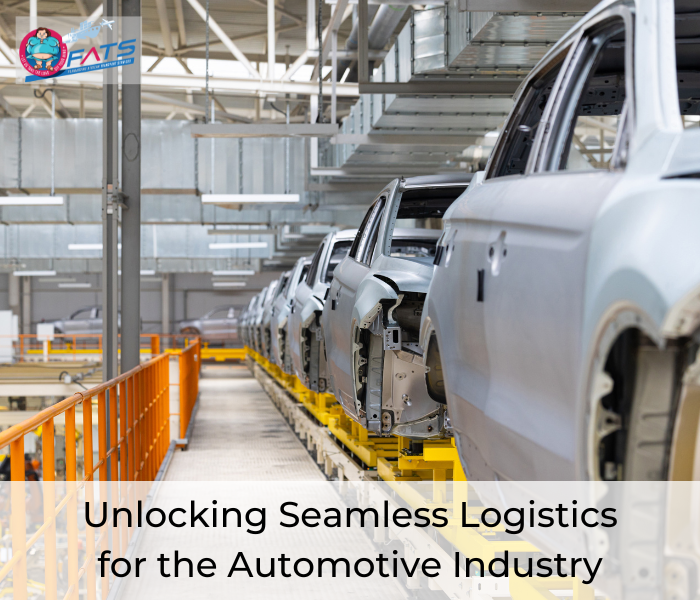When it comes to the automotive industry, logistics is one of the most critical components of success. The transport of goods and materials is a constant process that requires meticulous planning and execution. In this blog post, we’re going to delve into the importance of seamless logistics in the automotive industry and how it can be achieved.
The Importance of Logistics in the Automotive Industry
Logistics plays an instrumental role in the automotive industry. It’s the backbone that supports the production process, ensuring that the necessary parts and materials are in the right place at the right time. A minor disruption in the supply chain can lead to significant production delays, costing automakers millions of dollars. The importance of a streamlined logistics process can’t be overstated – it’s the key to maintaining a smooth operation, minimizing downtime, and optimizing productivity.
Challenges in Automotive Logistics
The logistics process in the automotive industry is laden with challenges. From managing a complex supply chain to mitigating the risks of unforeseen disruptions, the task is far from easy. The biggest challenge, perhaps, is the sheer scale of operations. With thousands of parts required for each vehicle, keeping track of inventory and ensuring timely delivery can be a daunting task. Additionally, factors like fluctuating demand, global trade uncertainties, and technological advancements add another layer of complexity to the already challenging process.
Unlocking Seamless Logistics
So, how can these challenges be overcome to unlock seamless logistics in the automotive industry? The answer lies in leveraging modern technology and adopting innovative strategies.
One such strategy is the implementation of an integrated logistics management system. This system uses technology to streamline the supply chain process, making it easier to manage inventory, track shipments, and forecast demand. It also enables real-time visibility into the supply chain, allowing automakers to quickly respond to any disruptions and avoid costly delays.
Another strategy is the adoption of a flexible supply chain model. This model allows automakers to quickly adapt to changes in demand and mitigate the risks of disruptions. It involves working closely with suppliers and logistics providers to ensure a steady flow of materials and parts, regardless of external factors.
The Future of Automotive Logistics
The future of logistics in the automotive industry looks promising, thanks to advancements in technology and the adoption of innovative strategies. As we move forward, we can expect to see more automation in the logistics process, further improving efficiency and reducing the risk of errors. Additionally, the use of data analytics will become increasingly important, as it can provide valuable insights into the supply chain and help automakers make informed decisions.
When it comes to unlocking seamless logistics in the automotive industry, the journey may be challenging, but the rewards are worth it. With the right strategies and technologies, automakers can not only streamline their logistics process but also gain a competitive edge in the market.

